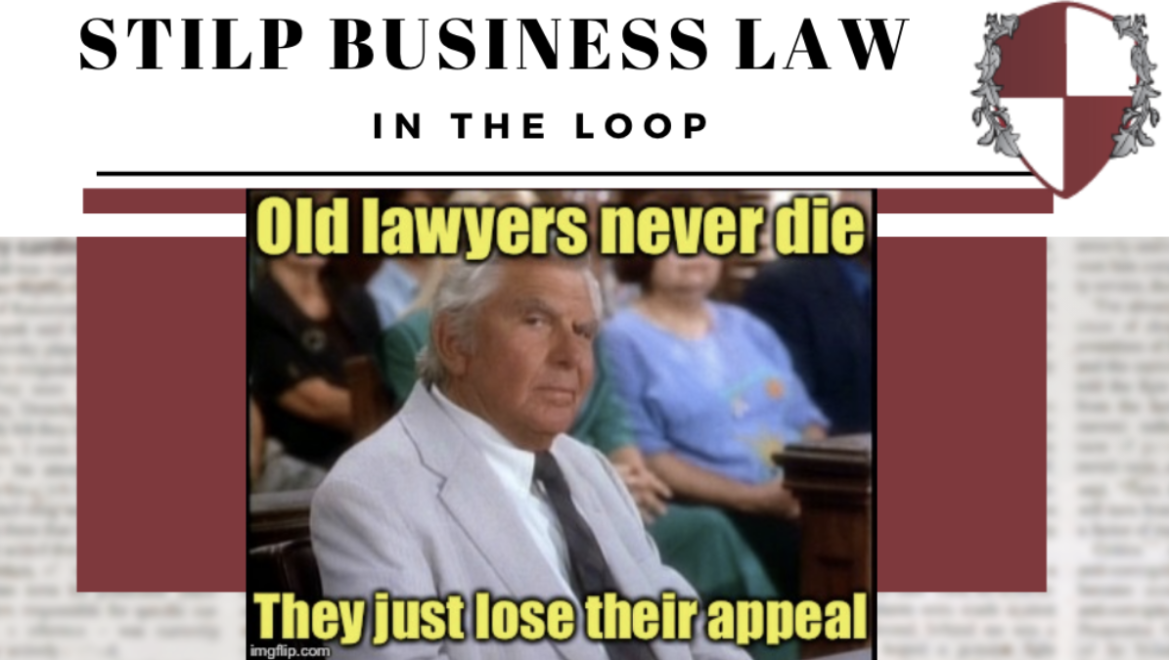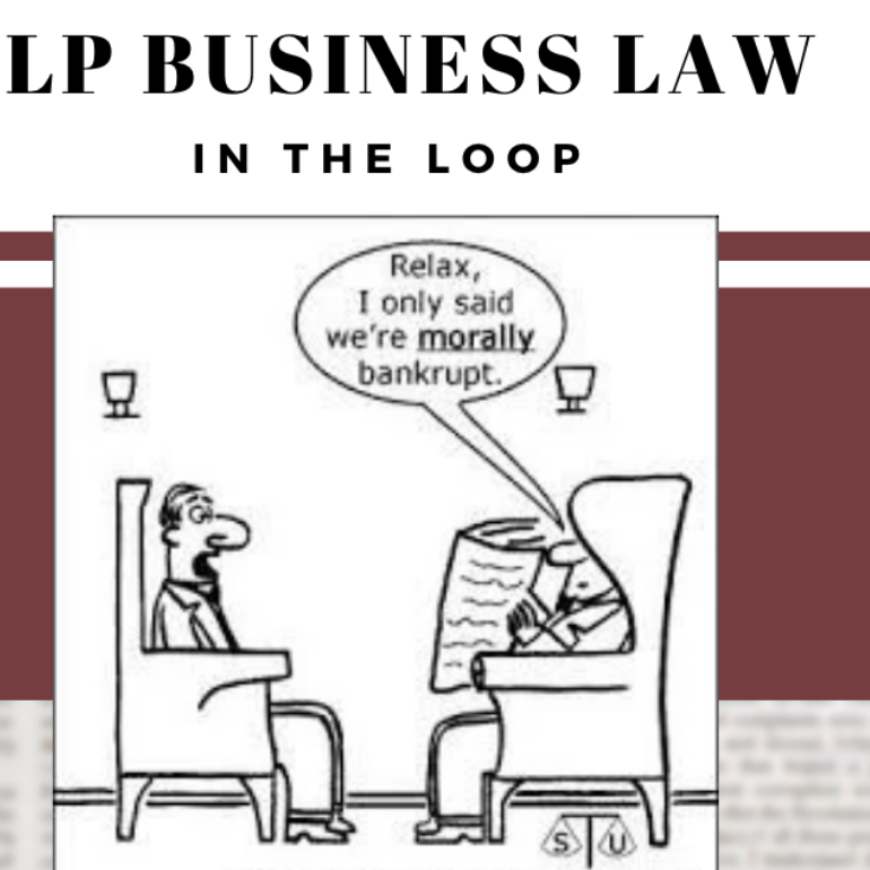Tom Stilp JD, MBA/MM, LLM, MSC
The topic of appeals has been in the news recently and, therefore, this edition of In the Loop will discuss the four types of appeals.
The most common type of appeal is an appeal from a final order or judgment. As an appeal as of right, the appellate court must accept a timely filed appeal to review the decision of the lower court. The party against whom the judgment is entered must post an appeal bond, usually one and a half times the amount of the judgment, to stop enforcement of the judgment while the appeal is ongoing. In cases of large judgments, for example, the $146 million judgment against Rudy Giuliani, bankruptcy may be the only solution to stay enforcement of the judgment.
The second type of appeal is an appeal on a certificate of importance. Here, the trial court certifies an important question of law on which there is a substantial ground for difference of opinion to the appellate court, and the appellate court decides whether to accept the appeal. These types of cases typically involve an appeal from what is called and “interlocutory order“ that is to say, a non-final order of the trial court.
The third type of appeal is like the second, but involves types of orders that are considered so important there is an appeal as of right involving an interlocutory (non-final) order. The types of interlocutory orders involve termination of parental rights, denying adoption, granting or refusing an injunction, or a finding a party in contempt of court. Years ago, we successfully obtained an order holding the state of Illinois held in contempt of court for failing to produce traffic accident reports.
The fourth and final type of appeal is an appeal by permission. The appellate court still has discretion whether to accept an appeal, but the law recognizes in some cases, these types of orders are important enough that a determination of rights by appellate court will assist the parties and trial court in the litigation. Generally, these orders involve questions about where a lawsuit may be heard (called jurisdiction, venue and forum non conveniens orders) or the involvement of counsel. Disqualification of counsel for party is a matter that may be appealed because the choice of counsel affects a party’s rights during the litigation.
Our firm has handled dozens of appeals throughout the state of Illinois and the Illinois Supreme Court. Experienced counsel will understand how best to use the appellate process to aid in the prompt resolution of your case.



